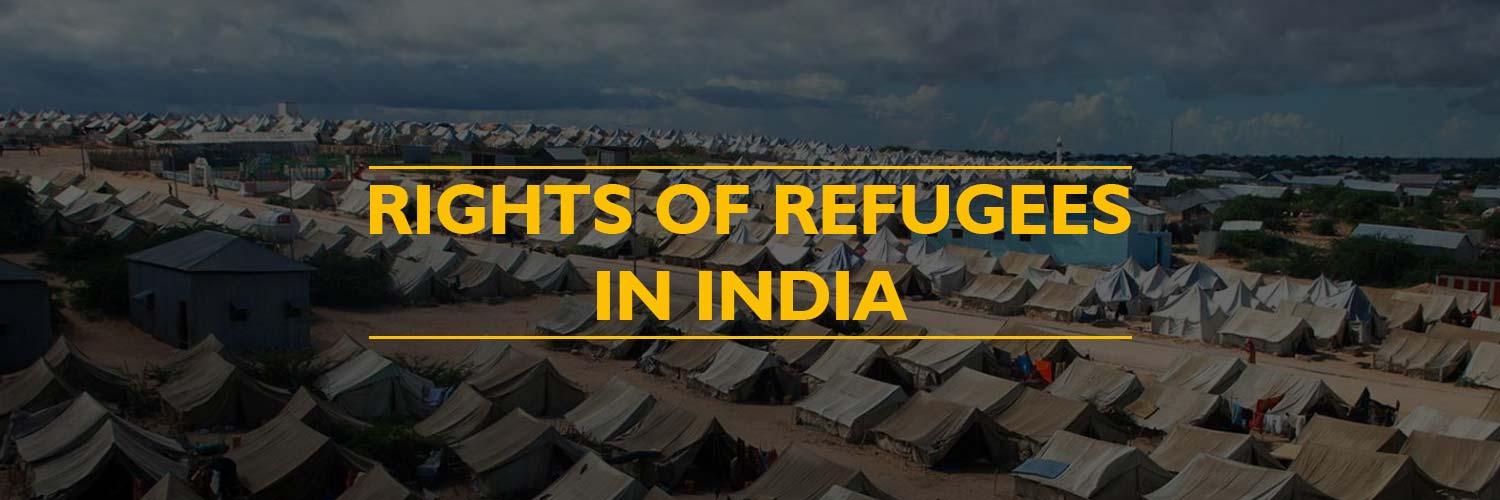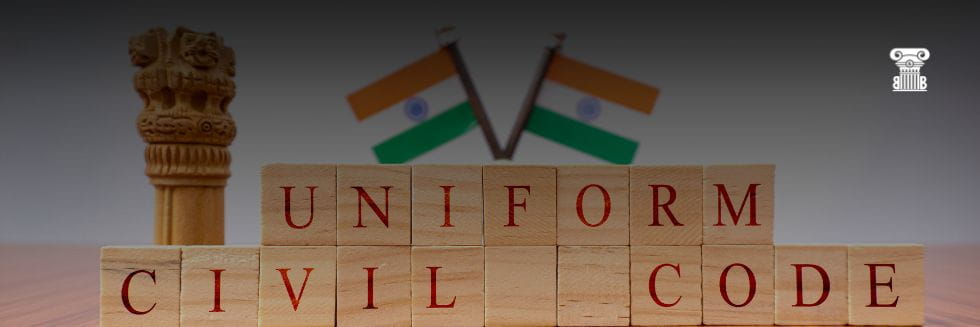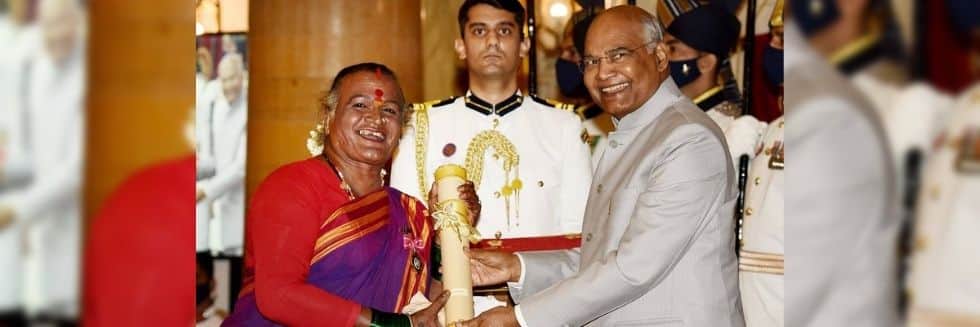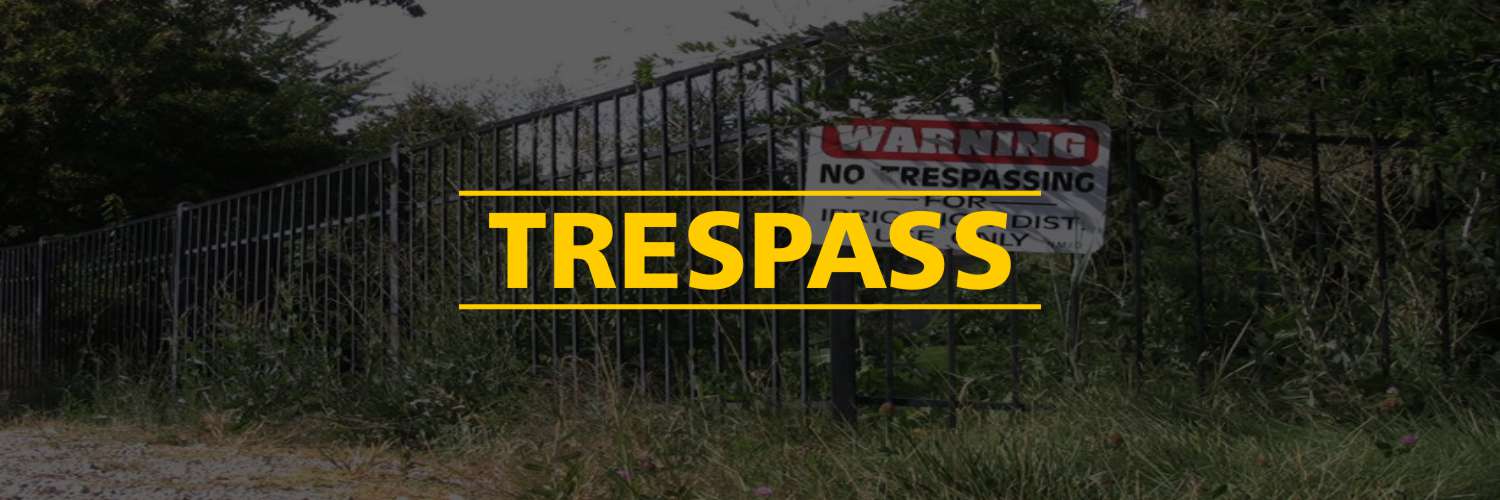“Everyone has the right to seek and to enjoy in other countries asylum from persecution.”
—Universal Declaration of Human Rights, Article 14(1)
Overview:
India has been home to one of the oldest civilisations in the world and since the beginning has shown an inclination of supporting the humanitarian cause. Lines from the Upanishads are quoted on the walls of Indian parliament:
“Ayam Nijah Paroveti Ganana Laghu Chetasaam
Udara Charitaanaam to Vasudhaiva Kutumbakam.”
Which translates to:
“Small and narrow-minded people look at the reality regarding ‘this is yours, and this is mine’; for those of higher consciousness the whole world is a family”.
Time and again stress have been laid on the phrase “vasudhaiva kutumbakam” which means the world is a family. India since independence in 1947 has been home to more than 20 million refugees[1]. Roughly 110,000 from Tibet who fled since China’s 1951 annexation. Another 102,300, mostly Tamil Sri Lankans, escaped fighting between the Liberation Tigers of Tamil Eelam and the Sri Lankan armed forces. There were about 36,000 Buddhist ethnic Chakmas and Hajongs from present-day Bangladesh who fled to Arunachal Pradesh after Muslim annexation of their land in 1964 and many more.[2]
The power to make legislation on matters like Citizenship, naturalisation and aliens is with the central government as it is a subject of the union list(List-I). There is no difference between an alien and a refugee in India, and all the refugees hold the status of an alien on Indian soil. Though India is not a signatory to the 1951 Refugee Convention, it still has been home to one of the significant population of refugees.
Laws regarding refugees in India:
- Under Indian law, the term “foreigner” is the only reference to aliens of any kind; this places refugees, immigrants, and tourists in the same broad
- Enactment governing aliens in India is the Foreigners Act, 1946 which defines foreigner as “ a person who is not a citizen of India”.
- Rights given to refugees under Indian Constitution are:
The Fundamental Rights guaranteed by Articles 14, 20, 21, 21A, 22, 23, 24, 25, 26, 27 and 28 are available to all persons whether citizens, foreigners or refugees. These are as follows:
- Equality before the law and equal protection of laws (Article 14).
- Protection in respect of conviction for offences (Article 20).
- Protection of life and personal liberty (Article 21).
- Right to elementary education (Article 21A).
- Protection against arrest and detention in certain cases (Article 22).
- Prohibition of traffic in human beings and forced labour (Article 23).
- Prohibition of employment of children in factories etc., (Article 24).
- Freedom of conscience and free profession, practice and propagation of religion (Article 25).
- Freedom to manage religious affairs (Article 26).
- Freedom from payment of taxes for promotion of any religion (Article 27).
- Freedom from attending religious instruction or worship in certain educational institutions (Article 28).
All the rights stated above are enforceable by the court, and the foreigner also has the Right under article 32 for enforcing them.
Major Issues:
India not being a signatory of the 1951 Refugee Convention has the right to deny permission to reside within the territory of India to any foreigner and has done recently in case of the Rohingya refugee influx.
The Supreme Court of India in “Hans Muller of Nurenburg V. Superintendent, Presidency Jail, Calcutta & ORS” [3] gave “absolute and unfettered” power to the Government to toss out foreigners from the Indian soil. The Supreme Court once again upheld the said judgment in “Mr Louis De Raedt & Ors vs Union of India.”[4] In the same judgment, Supreme Court also held that foreigners have the right to be heard.
In the judgment of “Ktaer Abbas Habib Al Qutaifi vs Union of India”[5] the High Court of Gujarat held that “the principle of non-refoulment prevents expulsion of a refugee where his life or freedom would be threatened on account of his race, religion, nationality, membership of a particular social group or political opinion. Its application protects life and liberty of a human being irrespective of his nationality. It is encompassed in Article 21 of the Constitution, so long as the presence of refugee is not prejudicial to the law and order and security of India.”[6]
In Dongh Lian Kham & Anr. vs Union Of India & Anr. On 21 December 2015,[7] the petitioners who were the citizens of the Republic of the Union of Myanmar had been staying in India under long-term VISA as mandate refugees since 2009 and 2011 respectively. Both the petitioners hail from the Ethnic Chin Community which is a minority in Myanmar. Due to the fear of a retaliatory attack by the Military Junta in Myanmar, they fled from their country at different times and entered India. It was contended that they shouldn’t be repatriated to their original state as they are not posing any threat to national security but if deported, they would be subjected to inhuman treatment by the Junta Government in their country.
The Delhi High Court ruled that, “Since the petitioners apprehend danger to their lives on return to their country, which fact finds support from the mere grant of refugee status to the petitioners by the UNHCR, it would only be in keeping with the golden traditions of this country in respecting international comity and according good treatment to refugees that the respondent FRRO hears the petitioners and consults UNHCR regarding the option of deportation to a third country, and then decide regarding the deportation of the petitioners and seek approval thereafter, of the MHA (Foreigners Division).”[8]
Conclusion
Although India has not signed the Convention but is protecting the refugees. However, regularity in the procedure for determining refugees is still lacking. Since India has no uniform code for determining refugee status and no specific central body deals with the refugees, the issue keeps cropping up before the judiciary. Even after so many years also, various lacunae exist in the mechanism for dealing with refugees’ policy and the government has not enacted a specific law for refugees. Though India has opened its gate to refugees from time to time, it has often failed to provide care and support which was due to them, thus causing them to lead miserable lives. India needs to formulate extensive legislation on refugees so that the issues cropping up related to them gets tackled in a much simpler and effective way.
Reference
- INDIAN POSITION ON LEGAL STATUS OF REFUGEES. (n.d.). Retrieved from http://shodhganga.inflibnet.ac.in:8080/jspui/bitstream/10603/68492/10/10_chapter 4.pdf
- INDIAN POSITION ON LEGAL STATUS OF REFUGEES. (n.d.). Retrieved from http://shodhganga.inflibnet.ac.in:8080/jspui/bitstream/10603/68492/10/10_chapter 4.pdf
- 1955 SCR (1)1284
- 1991 SCR (3) 149
- 1999 CriLJ 919
- Id.
- 226 (2016) DLT 208
- Id.








